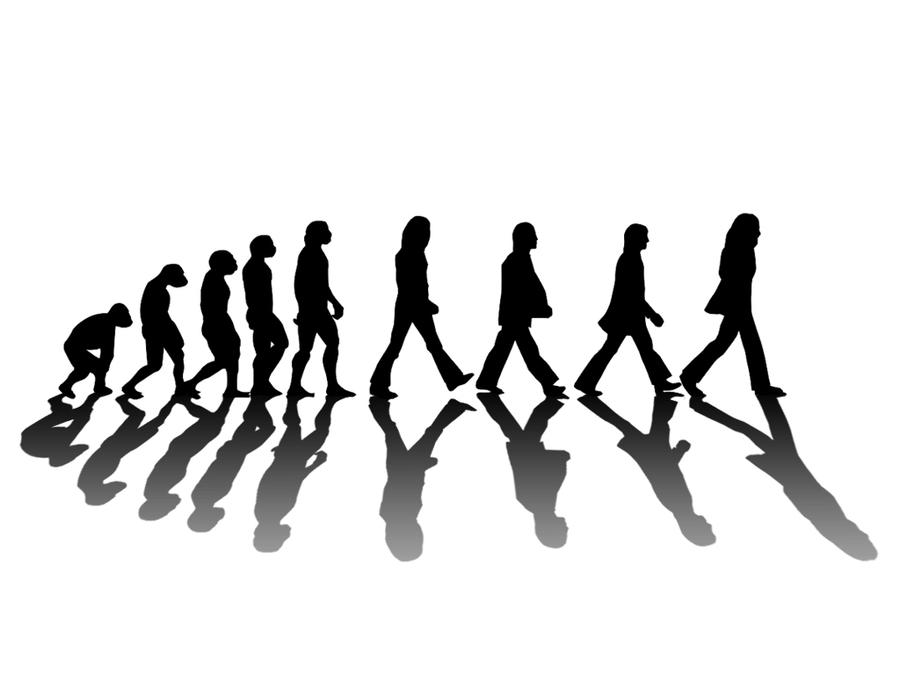
The Beatles, often hailed as one of the most innovative musical ensembles in history, have left an indelible mark on the landscape of popular music. The reverberations of their influence extend well beyond their era, prompting myriad discussions around the notion of a ‘new Beatles’. In recent years, a quartet of bands have emerged, each proposing the metaphorical mantle of carrying forth the enigmatic legacy of The Beatles. This article explores these contemporaneous bands, examining their dynamics, lyrical profundities, melodic ingenuity, and cultural ramifications, ultimately positing which of them heralds the most compelling embodiment of the “New Beatles-Music Evolution” story.
1. The 1975: Colliding Genres and Eclectic Flavors
The 1975 has triumphantly cemented its place in the music realm with an eclectic roster that draws from various genres, including pop, rock, and electronic. With an unabashed embrace of new sounds, they have encapsulated the essence of experimenting with musical boundaries reminiscent of The Beatles’ own ventures into diverse sonic landscapes. The band’s audacious exploration of themes, from love to existential queries, showcases their lyrical sophistication, drawing parallels to Lennon and McCartney’s ingenious storytelling. The 1975’s ability to dissect the human experience within their narratives resonates with the emotional depth that The Beatles famously mastered.
The production techniques employed by The 1975 echo the avant-garde approaches pioneered by The Beatles during their later albums. Their willingness to amalgamate traditional melodies with contemporary beats and experimental sounds forebodes a potential future where music not only entertains but also provokes thought—a vital component of The Beatles’ artistic philosophy.
2. Tame Impala: Psychedelic Reverberations and Global Influence
In an era dominated by electronic pop, Tame Impala stands out with its rich tapestry of psychedelic rock influences, akin to The Beatles’ transformative period in the late 1960s. Kevin Parker’s project has distinctly merged the vintage charm of psych-rock with contemporary aesthetics, crafting a soundscape that echoes the vibrant experimentation witnessed in albums like “Sgt. Pepper’s Lonely Hearts Club Band.” Tame Impala’s proclivity for intricately layered sounds and introspective lyrics fosters an immersive listening experience that captures the zeitgeist much like The Beatles did in their prime.
The thematic focus on love, self-discovery, and the human psyche encapsulates the essence of the modern experience, presenting it in a way that resonates with both new listeners and those enamored with nostalgia. Moreover, their global appeal reflects the widespread admiration that The Beatles commanded, transcending geographical and cultural barriers—with fans spanning continents and demographics.
3. Coldplay: Melodic Resonance and Anthemic Storytelling
Coldplay, with their anthemic sound and earnest lyricism, has cultivated a devoted following reminiscent of The Beatles’ global impact. Their dexterity in weaving poignant narratives into expansive soundscapes exemplifies the emotional gravitas that defined The Beatles’ music. Pivotal to this discussion is the band’s ability to evoke genuine emotion through musical storytelling, culminating in anthems that resonate with the collective consciousness of their audience.
Moreover, Coldplay has demonstrated versatility across their discography, echoing The Beatles’ varied sonic experiments. From the ethereal quality of “Parachutes” to the more vibrant and technologically infused explorations in “A Head Full of Dreams,” they consistently challenge the listener’s perceptions of what constitutes popular music while maintaining mainstream appeal. Just as The Beatles appropriated and recontextualized genres, so too has Coldplay navigated the waters of pop, rock, and electronic sounds with aplomb.
4. Arctic Monkeys: Lyricism and Cultural Commentary
Arctic Monkeys have carved a niche within the indie rock sphere, distinguished by their astute lyrical observations and melodic craftsmanship. Their distinctive narrative style draws parallels to the storytelling prowess exhibited in The Beatles’ canon. Integral to their mythos is the socio-political commentary that courses through their discography—an aspect reminiscent of the biting commentary present in much of The Beatles’ work during their later years.
The nuanced exploration of contemporary themes such as class, identity, and romance within the Arctic Monkeys’ lyrics serves to redefine the archetype of the modern rock band. Their ability to generate vivid imagery through words aligns with the literary influence that shaped The Beatles, marking them as formidable torchbearers in the ongoing evolution of music. Their raw authenticity and rock-and-roll ethos culminate in a sound that is both modern and evocative of a bygone era.
Conclusion: The Contender for the New Beatles
While the exploration of the aforementioned bands illuminates the multifaceted nature of the modern music scene, it ultimately begs the question of which group truly embodies the “New Beatles-Music Evolution.” Each band possesses attributes that resonate with the principles of experimentation, lyricism, and cultural commentary that The Beatles so deftly portrayed. However, discerning a successor requires considering how deeply each group affects contemporary music culture, rather than internal musical coherence alone.
Upon meticulous evaluation, The 1975 emerges as a prime contender due to their unabashed experimentation and diverse influences that encapsulate the modern musical zeitgeist while resonating with the emotional depth characteristic of The Beatles. Their willingness to traverse genres, coupled with incisive lyrical themes, positions them as the torchbearers of a musical evolution—their evolution unmistakably reminiscent of The Beatles, both in spirit and in ambition. The dialogue concerning the ‘new Beatles’ remains vibrant and continuously evolving, embodying a rich tapestry of cultural soundscapes yet to be fully uncovered.
